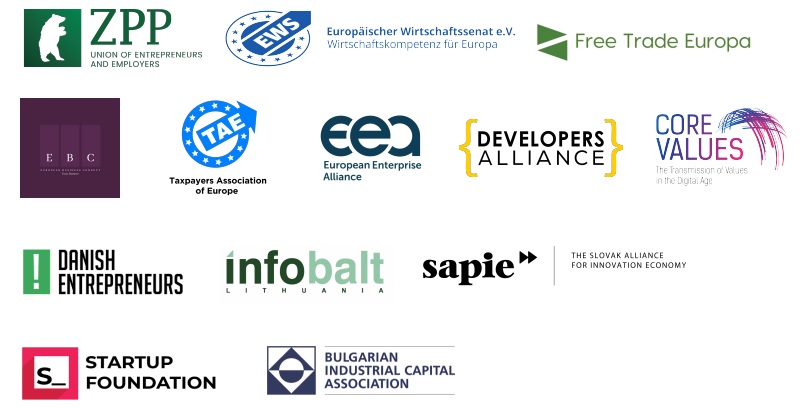Brussels, 28 April 2022

European Data Protection Board
As a Coalition of Digital Ads (CDA) of SMEs we appreciate the European Data Protection Board’s efforts to bring greater clarity and awareness of how social media platform interfaces are designed. We believe that manipulative practices which do not respect GDPR and which hinder the ability of users to effectively protect personal data and make conscious choices should be minimised. All of those goals should be achieved while avoiding legal uncertainty and mixed signals.
What is paramount is that SMEs get clarity on how practices are associated with targeted advertising and “dark patterns”. While the guidance provided by EDPB provides a helpful guide on identifying and avoiding dark patterns in social media platform interfaces, it still does not provide a precise definition nor an exhaustive list.
While the EDPB’s guidelines are intended for GDPR compliances, the Digital Services Act (DSA) also addresses dark patterns. Any additional guidelines or regulations will have to be aligned with the DSA wording for clarity. Similarly, the Unfair Commercial Practices Directive (UCPD) must be considered which regulates dark patterns for consumer protection. It will therefore be important to ensure the text is precise in its description of dark patterns. Ideally this should specify that the term refers to manipulative design choices that materially distort the behaviour of an average user. However this should not lead to an outright ban on ads practices, which may be justified in some
circumstances.
The EDPB guidance similarly needs to ensure consistency with the DSA text and the relationship between the two should be clearly outlined. With proposed guidelines there is a risk of creating even more incompatibility between the various European regulations on dark patterns and further complications regarding compliance and execution. The DSA’s definition of “compliance by design” for online marketplaces might also interfere with the outcomes of the proposed guidelines.
Almost all small businesses in Europe depend on digital channels to find new audiences, market to them and convert them to customers. European economic integration is dependent on the ability of SMEs to expand, grow and ultimately reach consumers throughout Europe. However, unlike large corporations, SMEs do not have the resources for large-scale marketing campaigns reliant on organic tools. What SMEs need is legal coherence, clarity and certainty to know what practices they must avoid and what they may utilise. Guidance must be clear on the outlined issues as legal expertise is a costly expense for SMEs if they are to navigate the wealth of different regulations
addressing dark patterns.
We hope that the voice of SMEs will be reflected in any upcoming digital communications regulations and guidelines. We remain open for further engagement in the process.
Co-signatories

The Coalition for Digital Ads (CDA) of SMEs supports thousands of SMEs that power Europe’s economy. Established by members of SME Connect in November 2021, CDA gives a voice to concerns over the EU draft proposals to initiate restrictions on personalised digital advertising across the EU and the impact a ban could have on SMEs, thus providing a necessary balance in an important debate. More about CDA: https://www.smeconnect.eu/cda/

 ZPP Newsletter
ZPP Newsletter













